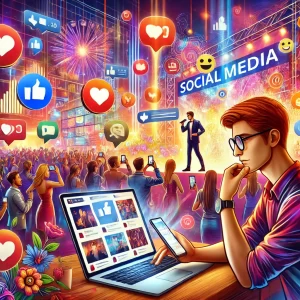
Social media has transformed the way events are planned, promoted, and executed. Its widespread influence has made it an indispensable tool for event planners seeking to reach broader audiences, engage attendees, and measure event success effectively. In this article, we will explore the significant impact of social media on event planning and how event managers can harness its power.
- Enhanced Event Promotion
Social media platforms like Facebook, Instagram, LinkedIn, and Twitter have revolutionized event marketing. Traditional promotional methods like flyers, posters, and word-of-mouth are now complemented or replaced by digital campaigns.
Targeted Advertising: Social media platforms offer advanced targeting features that allow event planners to reach specific demographics based on age, location, interests, and behaviors.
Viral Potential: Events can go viral when attendees share posts, photos, and videos with their networks.
Hashtags: Creating unique event hashtags helps generate buzz and makes event-related content easily discoverable.
- Real-Time Engagement and Interaction
Social media enables real-time interaction with audiences before, during, and after an event.
Pre-Event: Countdown posts, teaser videos, and contests create excitement.
During the Event: Live streams, polls, and interactive stories engage attendees and attract virtual audiences.
Post-Event: Photo albums, highlight reels, and attendee feedback polls help sustain engagement and gather insights.
- Improved Event Planning and Organization
Event management tools often integrate with social media platforms to streamline planning and coordination.
Event Pages and RSVPs: Facebook Events allows organizers to track RSVPs, send reminders, and engage with potential attendees.
Collaboration Tools: Social media platforms like Slack and Trello help teams communicate and stay organized.
Crowdsourcing Ideas: Planners can solicit input and ideas from potential attendees through polls and surveys.
- Audience Insights and Analytics
Social media analytics tools provide valuable data that help planners understand their audience better.
Demographics: Age, gender, and location insights help tailor event content.
Engagement Metrics: Likes, shares, comments, and click-through rates reveal what resonates with audiences.
Post-Event Analysis: Insights into social media activity help evaluate event success and plan improvements.
- Cost-Effective Marketing
Compared to traditional marketing methods, social media campaigns are more cost-efficient.
Organic Reach: Compelling content can reach large audiences without paid promotion.
Influencer Partnerships: Collaborating with influencers or industry leaders can significantly boost visibility.
Paid Ads: Social media ads can be customized to fit various budget sizes, ensuring optimal return on investment.
- Enhanced Attendee Experience
Social media adds interactive and engaging elements to events, enhancing the overall attendee experience.
Live Streaming: Platforms like Facebook Live and Instagram Live allow remote participants to join virtually.
Social Walls: Real-time social media feeds displayed at events encourage attendees to share their experiences.
Augmented Reality (AR) and Filters: Custom AR filters and effects on platforms like Snapchat create unique, shareable moments.
- Crisis Management and Communication
Social media serves as a rapid communication channel during emergencies or unforeseen situations.
Instant Updates: Event organizers can quickly post updates to inform attendees of changes or safety instructions.
Reputation Management: Monitoring mentions and responding to concerns helps manage public perception.
- Networking and Community Building
Events are not just about the main event day—they’re also about building communities.
Pre-Event Networking: Event-specific groups and forums allow attendees to connect before the event.
Post-Event Communities: Ongoing engagement through social media helps maintain relationships and build loyal audiences.
- Global Reach and Inclusivity
Social media breaks geographical barriers, allowing events to reach international audiences.
Virtual Events: Hybrid and fully virtual events attract participants worldwide.
Multilingual Content: Translating posts and using platform features to reach diverse audiences increases inclusivity.
- Future Trends in Social Media for Event Planning
As technology evolves, new trends are shaping the intersection of social media and event planning.
AI and Chatbots: Personalized recommendations and automated responses enhance attendee engagement.
AR/VR Experiences: Immersive technologies create innovative event experiences.
Ephemeral Content: Temporary content like Instagram Stories and Snapchat Snaps drive urgency and engagement.
Conclusion
The impact of social media on event planning is profound, offering tools and opportunities that were unimaginable a decade ago. From promotion to engagement, organization to analysis, social media enhances every stage of the event lifecycle. Event planners who stay updated with social media trends and leverage its capabilities can create more successful, engaging, and memorable events.
Subscribe to our newsletter!
More from our blog
See all postsRecent Posts
- How Indian Families Celebrate Anniversaries in Style May 28, 2025
- Rama Navami 2025: Planning a Traditional Celebration April 7, 2025
- Event Management of Maha Kumbh Mela 2025: A Grand Organizational Marvel March 26, 2025
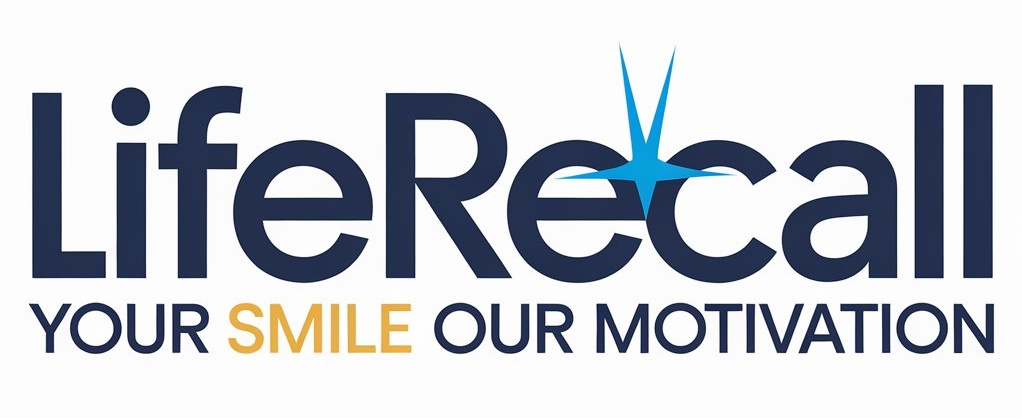
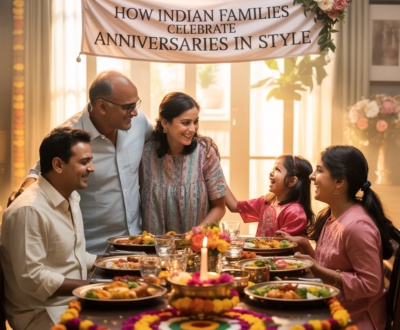
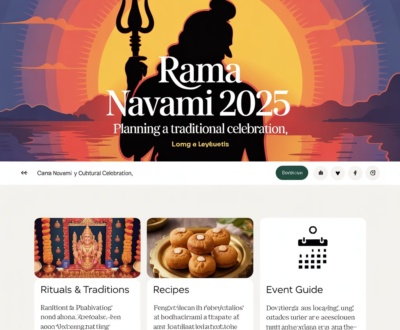
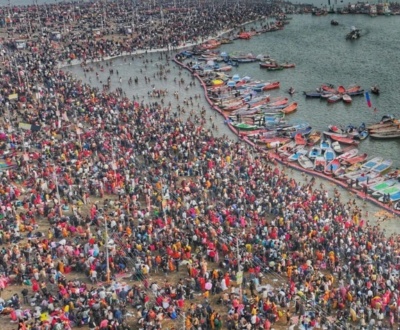
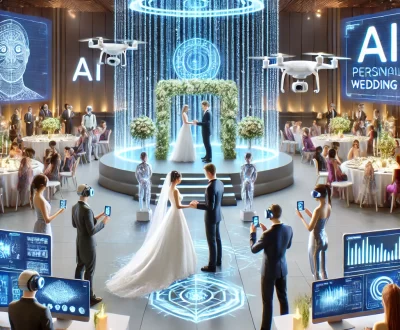
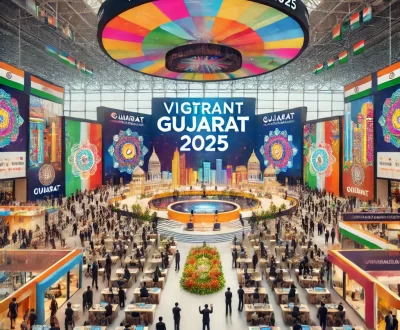
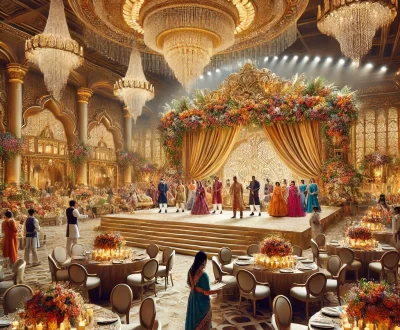
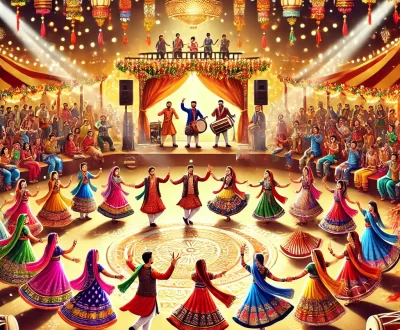
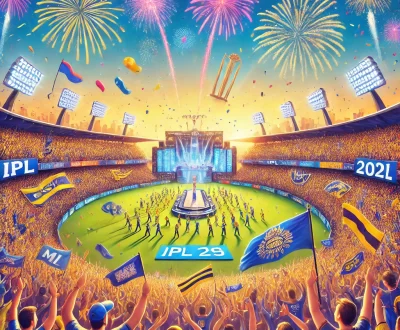
Pingback: Best venues for Garba events - Liferecall